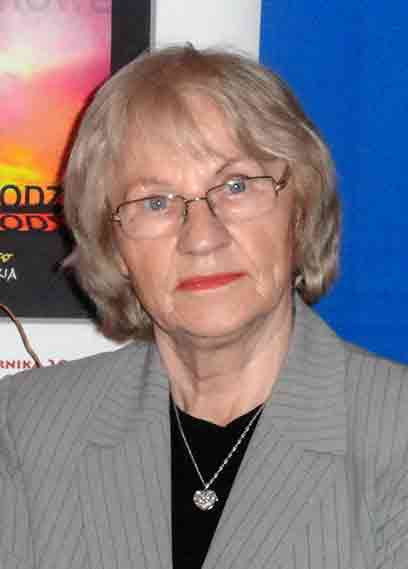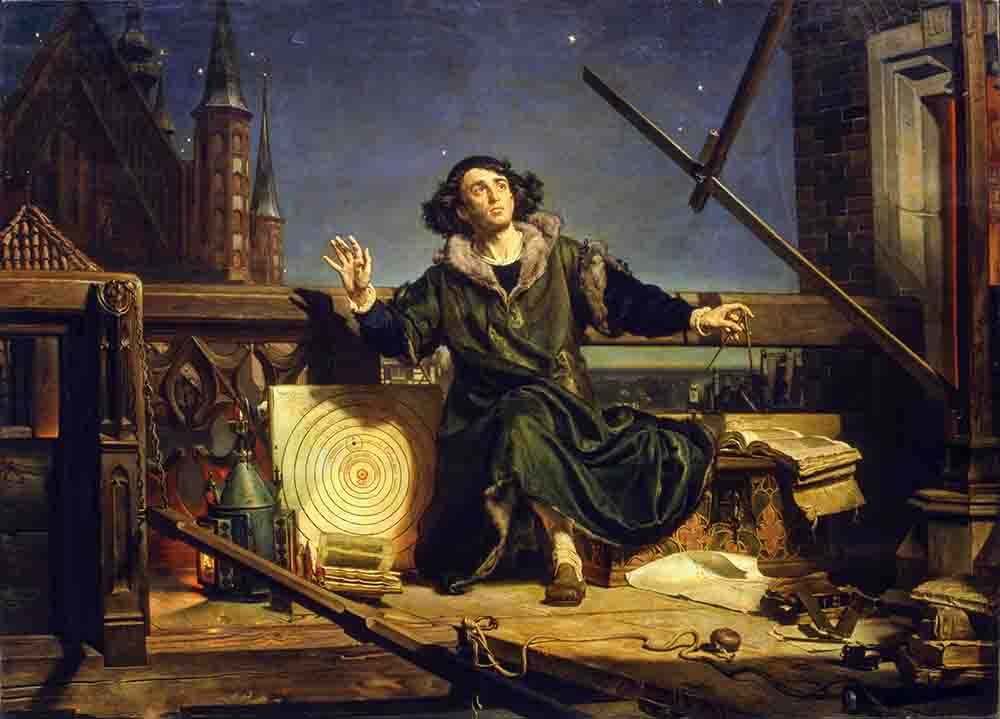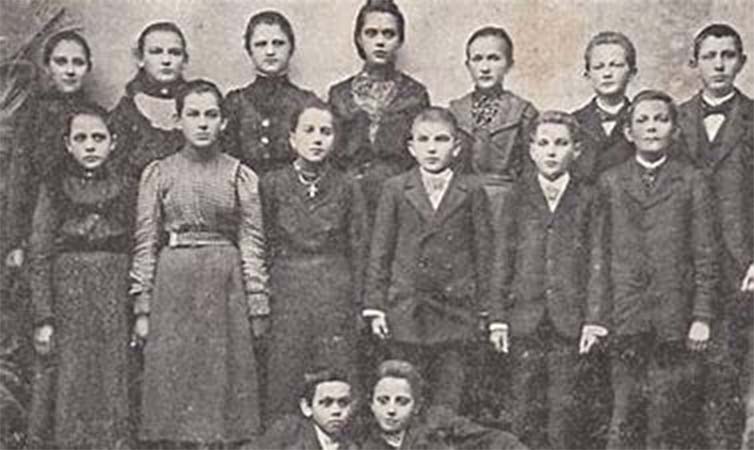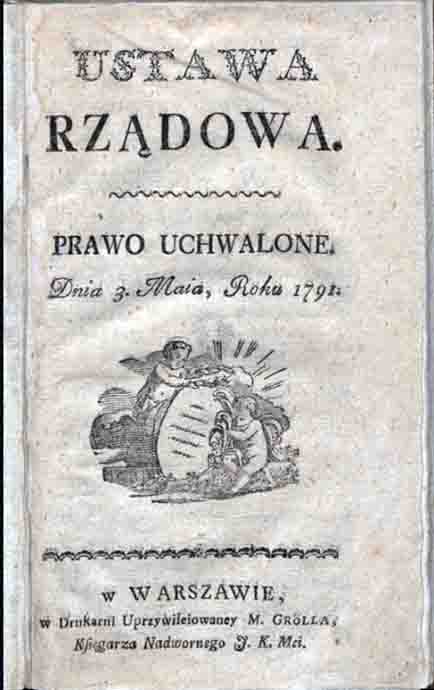October 14 is celebrated in Poland as National Education Day. It is a celebration of all education workers. This year marks the 250th anniversary of the National Education Commission (NEC) having been established by the Sejm on October 14, 1773. On this holiday, there is a lot of talk about the importance of the teaching profession and education workers are rewarded. On the occasion of such a special anniversary, let us recall some important historical events and reflect on those related to the education.
We are all directly and indirectly connected with education. We are teachers, students, parents of students, givers, and recipients of what we, as students, acquired during our education.
The country is one organism and for it to function well, all the cells of its body must be healthy. We can therefore say that national education is the brain of the state and society. The functioning of the body depends on the functioning of the brain.
Great importance was attached to education in every era of human development, and thanks to broadly understood education, development took place. Great Polish rulers and decision-makers understood this. Casimir the Great expressed this by founding the Krakow Academy (1364); Władysław Jagiełło transformed it into the Jagiellonian University, whose graduates included great scientists, thinkers and humanists such as Nicolaus Copernicus, Andrzej Frycz Modrzewski, and Jan Kochanowski.
The education system, and especially the curricula, determines what societies will be like. This was understood by Jan Zamoyski, chancellor and hetman of King Stefan Batory and founder of the Zamoyski Academy (1594), who included words in the foundation act that will never lose their validity:
The Republic of Poland will be like the way its youth are educated... Moreover, I am convinced that only public education makes citizens harmoniously disposed and good.
The first secular educational authority in Poland and Europe, the Commission of National Education, established by the Partition Sejm on October 14, 1773, focused on civic education.
The commission consisted of 8 people — 4 deputies and 4 senators — but from the very beginning, its actual employees were a group of scientists and artists gathered around Hugo Kołłątaj, who gave direction to the work. During the first five years of its work, the Commission built the foundations of a modern national education system. She wisely managed the property taken over after the dissolution of the Jesuit Order, and wisely used the scientific achievements and progressive staff of the order in the new education system. The Commission's experts, many of whom were experienced clergy and teachers of former Jesuit colleges, developed a three-stage model for primary and secondary schools. They reformed universities and developed a set of school regulations that constituted the educational law of the time.
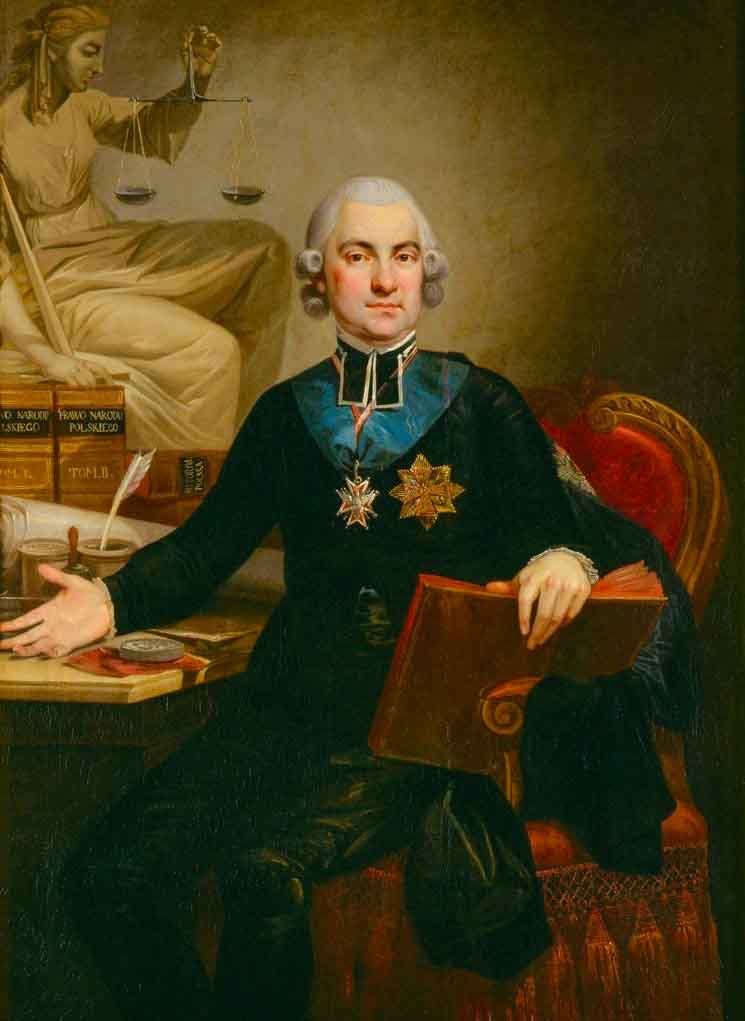
Hugo Kołłątaj (1750-1812) (Source: Wikipedia)
Education in schools was available to everyone, because NEC initiated the creation of a network of parish schools for peasants and took care of home education for girls. The administrative education system created conditions for filling schools with a curriculum with content that was supposed to educate a wise citizen and patriot. To implement such an ambitious program, wise, patriotically committed teachers were needed who could serve as role models for the students and textbooks with appropriate materials. Secular teachers were to be educated by teachers' seminars, and the Society for Elementary Books was established under the leadership of Grzegorz Piramowicz — a Polish Roman Catholic priest, Jesuit, teacher, writer, philosopher and poet — to develop school textbooks and auxiliary materials (e.g. dictionaries, math tables, etc.) for learning in new types of schools.
The Society has developed pioneering textbooks, especially in the field of natural and exact sciences, particularly useful in agriculture, "Botany for National Schools" and "Zoology for National Schools". Since Polish became the obligatory language in new schools, Onufry Kopczyński, a member of the Society for Elementary Books, developed "Grammar for National Schools". Particularly noteworthy is the publication in 1785 of the first primer in the history of Poland, prepared by Onufry Kopczyński — a textbook for learning reading and writing.
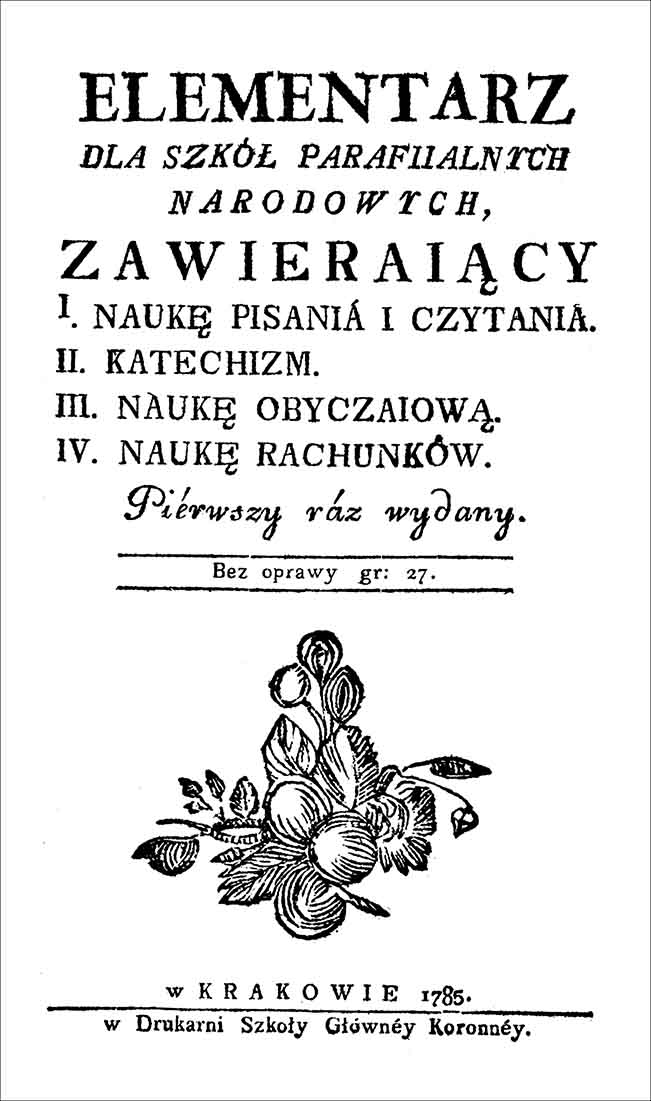
Title page of the first Primer (Source: Wikipedia)
NEC took over the care of the rich collections of the Załuski library. This library became the first public library, the forerunner of the National Library.
The works and projects of the National Education Commission were passionately criticized by conservative parties, reluctant to allow any changes due to ignorance, or in favor of the invaders.
Even though Poland lost its independence, the NEC's work bore abundant fruit. The most outstanding Poles of the Polish Enlightenment and Romanticism — poets Adam Mickiewicz and Juliusz Słowacki — were educated on the programs of its schools. The patriotic education of those schools shaped the participants of subsequent national uprisings — the November Uprising, the Spring of Nations, and the January Uprising. The creators of Polish positivism, especially the supporters of grassroots work and organic work, reached back to Enlightenment philosophy.
On April 27, 1972, pursuant to a parliamentary act, October 14 was included in the Charter of Teachers' Rights and Responsibilities as Teachers' Day, and since 1982, pursuant to an act, this day has been celebrated as National Education Day.
Modern education, starting from the earliest years, from kindergarten to higher education, is undergoing constant reforms. The organization of school facilities and the organizational system of schools are changing administratively, and education is becoming politicized. Every government administration makes it a point of honor to reform education, especially in terms of the core curriculum.
During the term of office of one party, for example, religion occupied an important place in education. The grade for this subject appeared on the secondary school final certificate. When another political option was in power, it was proposed to eliminate religion and all religious emblems from school classrooms. We forget that religious knowledge does not equal religious faith or leads to a religious state, and we forget about the foundations of our national identity — that the basis of European civilization, including Polish civilization, is Greek philosophy, Roman law and Christian morality.
Modern schools do not educate thinking citizens, but train them to solve tests in which there is no room for thinking and only one desired answer is right and correct.
Sometimes one has the impression that there is too much democracy and false modernity in modern schools and this does not support the development of Polish schools, on the contrary, it lowers its standard and creates dangerous problems.
Take the inclusive learning project as an example. It sounds proud: everyone has the right to education and we should ensure that disabled people are integrated with the rest of society. This is true in theory, but in school practice such integration is not conducive to the education of either. It slows down the pace of learning for the gifted and exceptionally gifted, and causes stress, a sense of inferiority, and aggression for the intellectually challenged. So we ask the question why, in the name of false political theories, people give up something that worked socially, i.e. teaching in special schools? What economic and, above all, social consequences will this reform bring?
Society counts on the wisdom of our modern Polish National Education Commission and the wisdom of Polish teachers to prepare, educate and raise citizens and patriots responsible for their homeland — the Republic of Poland. This is what we all wish them on this special day of the 250th anniversary of the establishment of the National Education Commission.
Translation from Polish by Andrew Woźniewicz.



